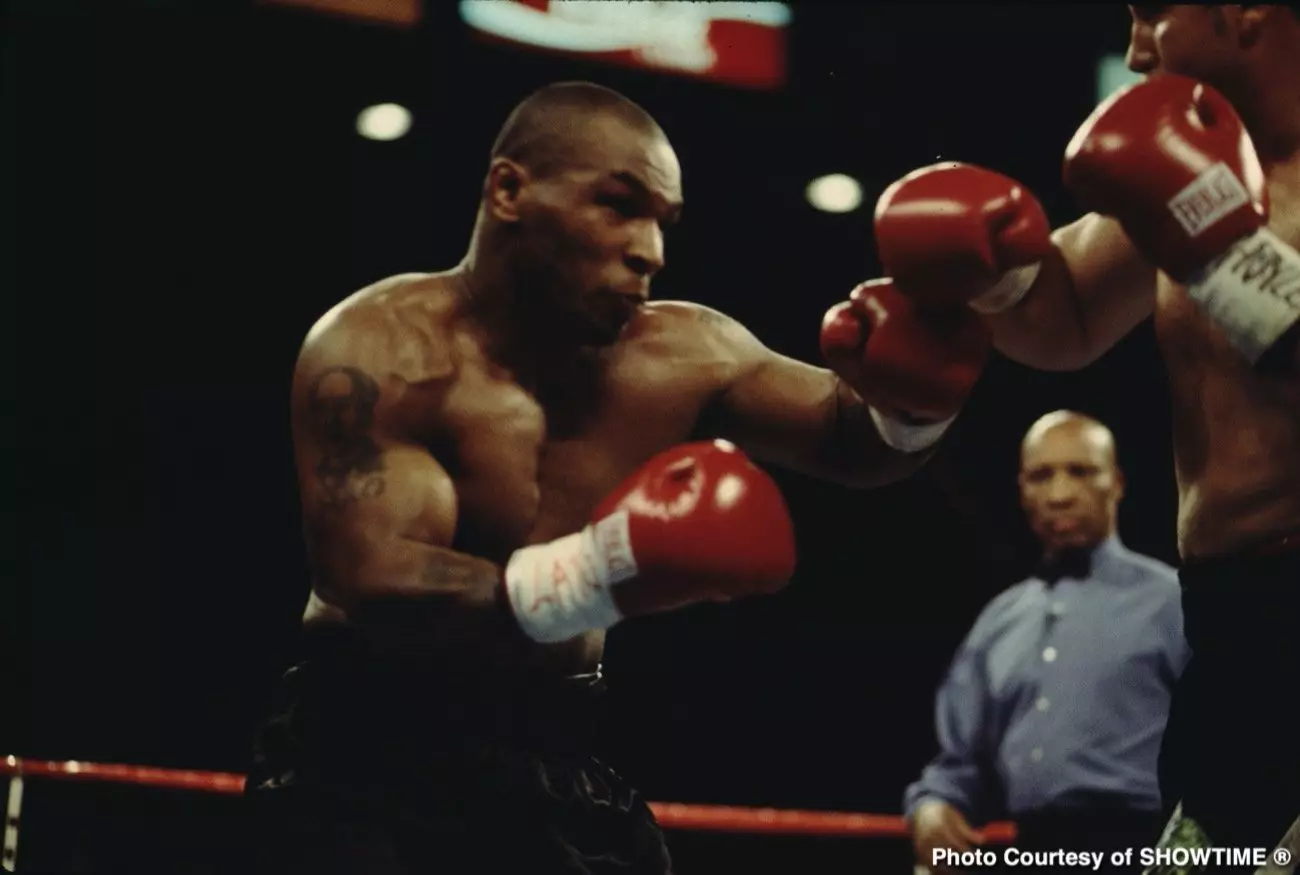Mike Tyson, once the undisputed heavyweight champion, recently made headlines for a tweet that raised serious concerns about his mental and physical state as he prepares to enter the ring once again. At 58 years old, Tyson expressed a harrowing sentiment, stating he would “rather die in the ring” than succumb to a fate in a hospital room. This chilling declaration precedes his upcoming fight with Jake Paul on November 15th—a matchup that has generated significant debate within the boxing community.
Tyson’s tweet is alarming not only for its content but also for what it reveals about his mindset as he approaches this fight, especially after withdrawing from a previously scheduled bout due to health issues. His words tap into a deep-seated mentality common among fighters: the need to find meaning and valor in a sport that has defined their lives. However, Tyson’s desire to face mortality in the ring suggests an unsettling desperation, raising questions about whether his motivations are rooted in passion or something darker.
The Age Factor
Critics are quick to point out that Tyson, who has been a part of boxing lore for decades, should consider retirement rather than stepping back into the ring at such an advanced age. The fact that he is preparing to fight a younger and arguably less experienced opponent in Jake Paul adds layers of complexity to the scenario. Supporters of Tyson argue that his experience could give him an edge, especially if he manages to deliver a powerful punch early in the match. Nonetheless, the echoes of fatigue and the potential for a humiliating defeat loom large.
To complicate matters further, there are voices in the boxing community who suggest that this fight may not be a legitimate contest, but rather an orchestrated event designed for entertainment rather than sport. Critics have raised concerns about the authenticity of Paul versus Tyson—an exhibition that some claim has been “prearranged” to generate buzz and income without true athletic competitiveness.
Training and Support
Despite the trepidation surrounding his age and physical readiness, Tyson has garnered some support from seasoned figures in the boxing world. For instance, Gene Kilroy, a former manager of the legendary Muhammad Ali, recently visited Tyson’s training camp and expressed his relief and astonishment at Tyson’s physical condition, which he characterized as the strongest he has observed in decades. Kilroy’s endorsement provides a glimmer of hope for Tyson’s fans, who may be clinging to the belief that their idol can still perform at a high level.
However, the gravity of the upcoming fight, combined with Tyson’s own words, leaves many uncertain about the outcome and the broader implications of his return to professional boxing. Will this showdown be a testament to Tyson’s tenacity as a fighter, or will it expose the risks involved in a sport that demands peak physical and mental fitness?
Mike Tyson’s impending fight with Jake Paul encapsulates the complexities of a true fighter’s mentality—a mix of bravado, vulnerability, and passion. While supporters rally behind him, there remains a shadow of doubt concerning the wisdom of such a comeback. As the date approaches, fans and critics alike will be watching closely, not just for a potential victory or loss, but for what this chapter in Tyson’s storied career signifies about the nature of resilience, mortality, and the ever-evolving narrative of a boxing legend.

